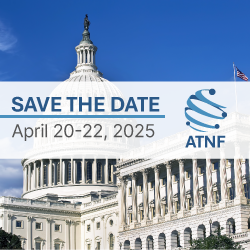
Tobacco growers representatives are unlikely to be admitted to the November meeting of the Conference of the Parties (COP10) to the Framework Convention on Tobacco Control (FCTC) in Panama, according to Vera Luiza da Costa e Silva, who leads Brazil’s National Commission on the Implementation of the FCTC.
Speaking during a round table in Brasília promoted by the House of Representatives. Costa e Silva said the COP has a strict policy of denying access to those who have a conflict of interest. “The secretariat, based at the WHO headquarters, has the credentials to deny participation if some kind of relationship with the industry is at stake,” she explained.
Costa e Silva also insisted that the FCTC does not mention actions that will directly impact the supply chain, but industry representatives participating in the Brasilia meeting weren’t buying it. “Today were told […] that there has never been any attempt to endanger the production of tobacco, but we know that this is not true,” said Iro Schunke, president of the Interstate Tobacco Industry Union, in a statement.
He pointed to actions in what he described as a methodical battle against the production of tobacco in Brazil. “They accuse the sector of deforestation, but it is the segment that has the biggest forest areas,” said Schunke. He also countered allegations of tobacco farmer vulnerability, pointing to recent research suggesting that tobacco farmers earn up to twice the national average income.
Despite concerns about global demand, Brazilian tobacco production and exports have been stable, Schunke noted. Farmers in southern Brazil have planted enough tobacco to harvest 604.73 million kg in 2023—7.95 percent more than in 2022, according to the country’s tobacco growers’ association, Afubra.




